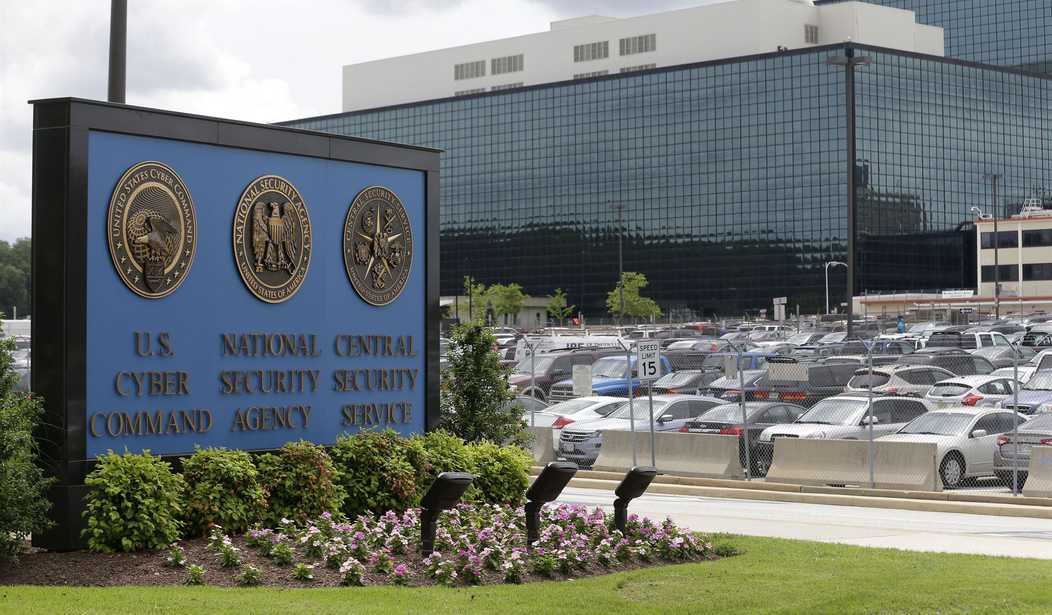Remember the whole unmasking controversy in 2017? Susan Rice, former National Security Adviser under Obama, reportedly ordered the unmasking of Trump allies who were caught on surveillance recordings. Identities caught on FISA-based surveillance are not revealed for obvious reasons if they’re not the targeted individuals under the warrant. And yet, it looks like Rice’s unmasked those with ties to the Trump team for political purposes. That’s not legal. That’s not in the name of national security. Of course, Rice denied there was a political aim, but she did admit to unmasking Trump officials. She said it was done to understand why the crown prince to the United Arab Emirates was in New York in 2016. In 2017, USA Today gave some details on this whole process when this controversy erupted.
When U.S. spy agencies eavesdrop on terrorists or foreign agents, they often come across information about U.S. citizens who are not the target of their investigation. This "incidental collection" is not illegal or improper, but specially trained intelligence officers are required to go through an established procedure to protect the privacy of U.S. persons, known as "minimization.
(U.S. persons are defined as U.S. citizens and permanent residents, no matter where they are in the world.)
Identifying information about that person will generally be excluded in intelligence reports that are distributed throughout the intelligence community, including those that go to the White House. Instead, the reports will refer only to "U.S. Person One," "U.S. Person Two," etc.
[…]
In an interview with MSNBC…Obama National Security Adviser Susan Rice denied making requests to unmask the names of Trump associates for political purposes. She described the process as routine, but declined to say specifically how often she made requests or for what purposes.
"There were occasions when I would receive a report in which a U.S. person was referred to. Name not provided, just a U.S. person," she said. "And sometimes in that context, in order to understand the importance of the report, and assess its significance, it was necessary to find out, or request the information, as to who the U.S. official was.
Recommended
And now, we know that unmasking has increased by 75 percent in 2018. That’s not ideal for those wary of this sort of surveillance power by the government. The Obama administration has shown what kind of abuse came come from this, but the NSA says the spike was done to identify victims of cyber attacks (via WSJ):
The National Security Agency revealed to federal agencies the identities of almost 17,000 U.S. residents or corporations whose information was collected under a foreign surveillance law in 2018, registering about a 75% increase in unmaskings over the previous year, according to an annual transparency report released Tuesday.
The NSA, responsible for electronic eavesdropping, disclosed the identities of people or entities that are normally redacted in intelligence reports—in response to specific requests from other government agencies to reveal the identities, a process known as unmasking.
In 2018, NSA said it unmasked 16,721 U.S. identities caught up in intelligence intercepts produced by a foreign intelligence law, the report said. It unmasked 9,529 in 2017 and 9,217 in a 12-month period across 2015 and 2016.
The surge in the number of unmaskings last year was fueled in part by an effort to determine the identities of victims of cyberattacks from foreign intelligence agencies, according to Alex Joel, head of civil liberties and transparency at the Office of the Director of National Intelligence which released Tuesday’s report.
Debate that among yourselves.
























Join the conversation as a VIP Member